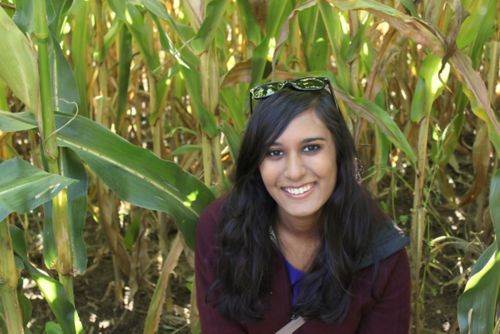A recent report from St. Jude LIFE showed that survivors who had access to resources for good health, such as nutritious food, live longer than people who do not.
Poor nutrition raises the risk of heart disease, diabetes, high cholesterol, and obesity. A healthy diet can help manage these conditions. But many patients have trouble getting nutritious food.
Aziz-Bose saw this situation when she worked in primary care clinics in West Philadelphia.
“Patients faced barriers getting to clinic to pick up their medications and to put food on the table,” Aziz-Bose said. “It led me to recognize that there is a lot at play in people’s health outside of the clinic and hospital. If we want to help childhood cancer survivors achieve the best health they can, we need to pay attention to these factors too.”
Aziz-Bose and her team are designing a program that will provide healthy meal kits to patients. The program will also help them apply to government food programs such as the Supplemental Nutrition Assistance Program (SNAP).
If you need help with food, talk to your health care team. They can help you find resources. You may qualify for food programs such as SNAP and/or Special Supplemental Nutrition Program for Women, Infants and Children (WIC). Another resource is Feeding America, a national network of free food sources. Visit feedingamerica.org.


